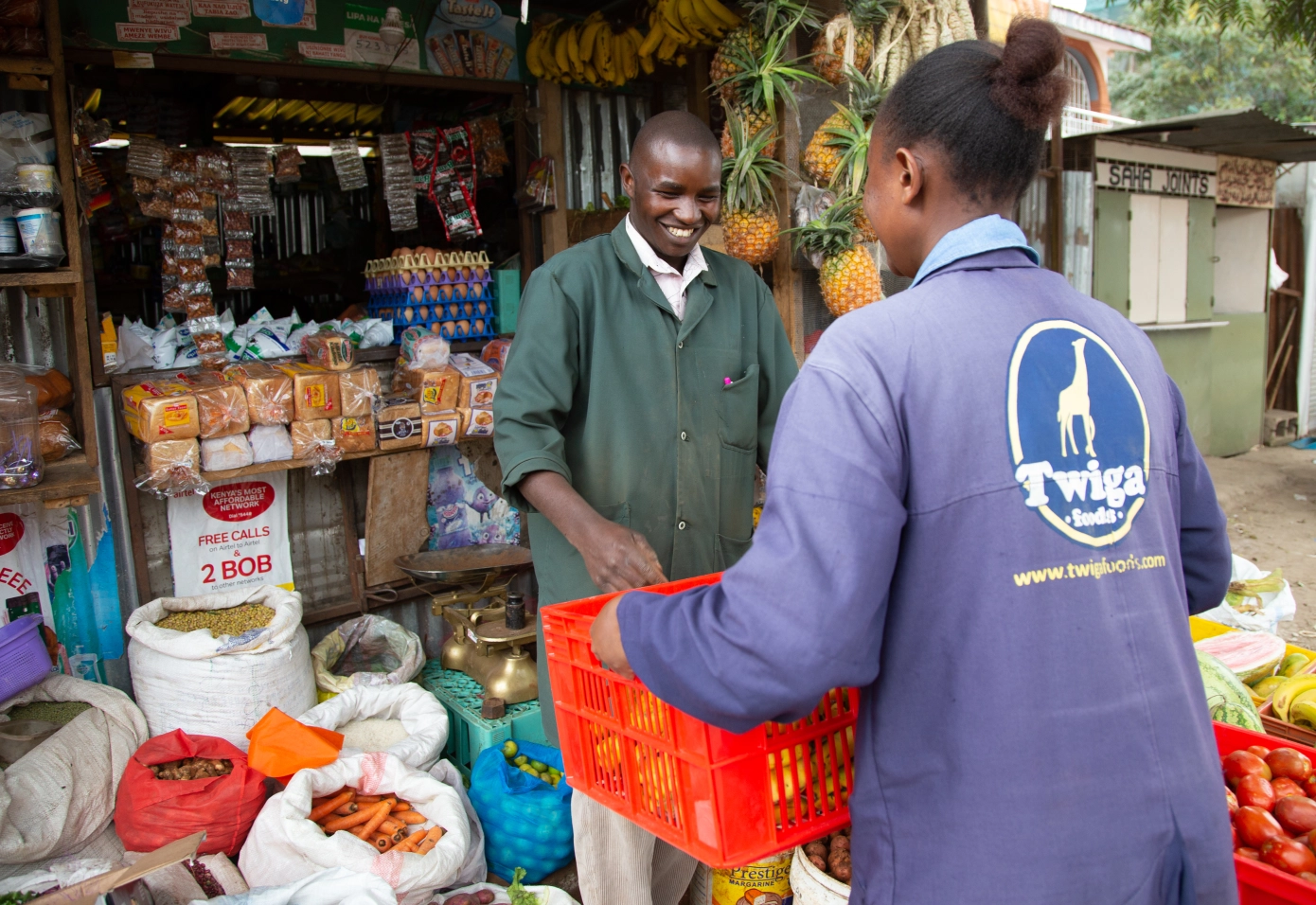Twiga Foods, a Kenyan agritech firm, has recently acquired majority stakes in three regional fast-moving consumer goods (FMCG) distributors: Jumra, Sojpar, and Raisons.
This move is part of Twiga’s strategy to diversify its product offerings beyond fresh produce and strengthen its distribution capabilities across Kenya.
Jumra operates in Nairobi and Central regions, Sojpar serves the Western region, and Raisons covers the Coastal region. By integrating these distributors, Twiga aims to leverage their established networks to enhance its reach and efficiency in delivering a broader range of products to retailers and consumers.
The company stated that this strategic alignment underscores its commitment to modernising Kenya’s food distribution landscape by combining the distributors’ market knowledge with Twiga’s advanced technology and analytics.
Internal Turmoil and Financial Struggles
Despite these expansion efforts, Twiga has been grappling with significant internal challenges. In early 2024, founder and former CEO Peter Njonjo resigned from the company’s board, following a period of operational difficulties, including staff layoffs and delayed payments to suppliers.
Charles Ballard, previously the CEO of Jumia Kenya, was appointed as the new CEO to steer the company through its transformation.
In 2023, Twiga faced a liquidation threat from Incentro Africa over a disputed $261,878 debt related to Google Cloud services. The company contested the claim, arguing it was made in bad faith, and obtained a court order blocking the liquidation. The dispute was eventually settled out of court after Twiga secured new investments.
Moreover, Twiga underwent significant restructuring, including a 40% reduction in its workforce, as part of efforts to streamline operations and cut costs.
These measures were taken to address financial strains and reposition the company for sustainable growth.

Victoria Fakiya – Senior Writer
Techpoint Digest
Make your startup impossible to overlook
Discover the proven system to pitch your startup to the media, and finally get noticed.
Twiga’s recent acquisitions signal a bold step towards expanding its market presence and product range. However, the company must navigate the complexities of integrating new operations while addressing internal challenges.
The success of this strategy will depend on effective leadership, financial stability, and the ability to adapt to the dynamic FMCG landscape in Kenya.










